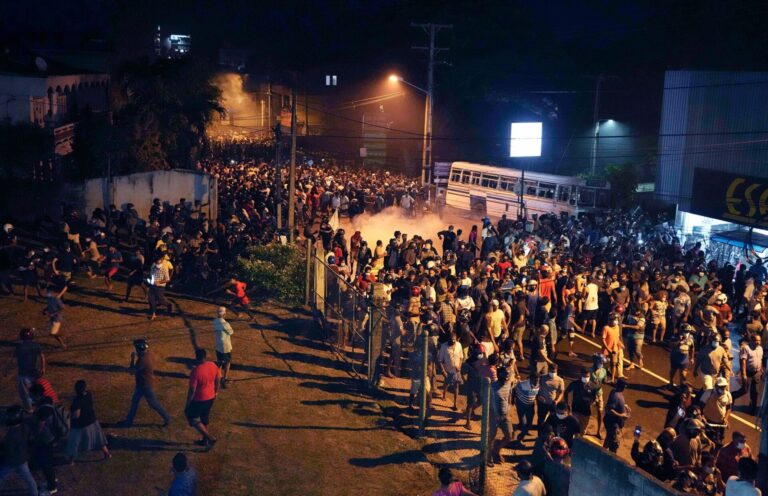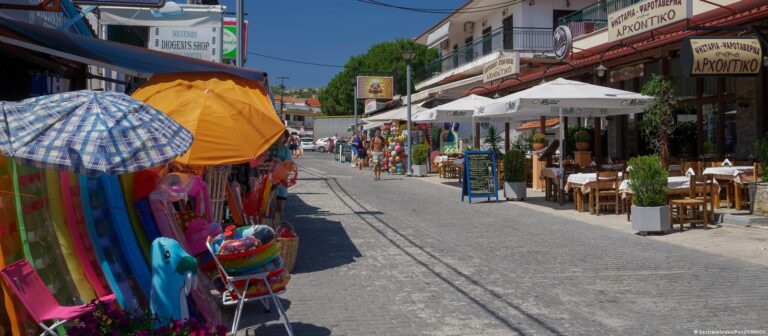In Switzerland and Europe this weekend, citizens will reclaim what was taken from them in March, when at 2am on Sunday the clocks go back. After seven months of “summer time”, the dreary “standard time” returns.
Forty-five years ago, however, Swiss voters narrowly said “no” to meddling with celestial rhythms. On May 28, 1978, 52% rejected the “time law” on a voting dayExternal link which also included proposals about bread prices, abortion and car-free Sundays.
Why the reluctance? A post-vote studyExternal link by the University of Bern listed the arguments as “disadvantages for farmers” (who preferred longer mornings in winter to longer evenings in summer), “ill-effects on children”, and simply “things work fine without summer time”. Farmers, who had launched the referendum, turned out in force to vote “no”, while older people also rejected it; younger and better-educated people were mainly in favour.
The following morning the Neue Zürcher Zeitung (NZZ) newspaper summed upExternal link some features of the vote which will sound familiar to followers of Swiss politics today.
For one thing, it wrote, even time managed to provoke a “Röstigraben”, a divide between Switzerland’s linguistic regions: most of the German-speaking part of the country said “no”, while French-speaking Geneva, Vaud and Neuchâtel said “yes” – mainly due to the “constant annoyance” of train timetables and television schedules being out of sync with neighbouring France, where daylight saving time (DST) was already in place.
In freedom-loving Valais, despite its border with Italy (also DST), “the no vote doesn’t come as a surprise to anyone acquainted with the current mood in the [canton], where we see a wave of rejection of anything coming from [federal capital] Bern”, the NZZ wrote.
Finally, the Swiss People’s Party learned of the result with “great satisfaction”. It was a vote of “solidarity” with farmers, the party said, and the first time that a European people had been able to reject the “imposition from above” of a changing of the clocks.
Lost island
But as more and more nations began to opt for daylight savings, there was a danger of Switzerland (literally) getting left behind. We risk becoming a “lost island in Europe”, the Christian Democratic Party worried after the vote.
Citizens also soon realised the potential disadvantages: by November 1979 a surveyExternal link in the Journal de Genève showed 73% support for changing the clocks – up from 48% 18 months previously. When Germany and Austria introduced DST in 1980, it was almost impossible not to follow. And so, the powers in Bern revised the law again, and in 1981 Switzerland made the change – this time, a People’s Party attempt at another referendum failed to gather enough signatures.
Well-oiled
Jürg Niederhauser was a teenager in 1978 and says he remembers the vote. Almost half a century later he’s head of corporate affairs at the Federal Institute of MetrologyExternal link (METAS) in Bern, an office responsible for “all issues related to measurement” in Switzerland, including determining “official Swiss time”. METAS’s five atomic clocks also allow a Swiss contribution to setting Coordinated Universal TimeExternal link, centralised in Paris.
As for this weekend, Niederhauser says he always has to give journalists the “disappointing” news that METAS has “nothing much to do; there’s no button to push so that the clocks go back – it’s all automated”.
Likewise, 45 years on, business and the public don’t have much to do. Some things need coordinating – night trains, for example – but the switch is by now well-oiled. The biggest issues remain at home, Niederhauser says, when some forget to change watches or mechanical clocks. But much of the digital world updates automatically: phones, computers, navigation systems.
Strong views
Yet the issue doesn’t go away. Countless articles are written every year about the time change, comment sections underneath show strong opinions. A few years ago, a European Union public consultation on DST received a record 4.6 million responses in just a few weeks – 84% wanted to ditch it.
Why such interest? “Time is naturally something that affects us all,” Niederhauser says. “We get up at a certain time, we go to work at a certain time – changing time is complicated and annoying, especially in spring. Everybody has an opinion on it.”
The opinions – as well as studies of health and economic effects of time changes – have political impacts. After the citizen input, the EU Parliament voted in March 2019 to scrap DST. And this remains the plan, but only if states can agree how to do it. The problem in Brussels, Niederhauser says, is that the EU can abolish DST, but it can’t dictate whether to then move to “eternal summer time” or “eternal standard time” – the member states are responsible for this.
Southern EU countries such as Spain, Italy and Greece are in favour of summer time, to boost tourism; northern countries such as Germany and Finland would prefer standard time, “likely since their geographical location means they have long hours of light on summer nights anyway”, Niederhauser says.
As for Switzerland, it would surely again follow what its closest neighbours do – to avoid the “major economic disadvantages” of misalignment, as the then transport minister, Simonetta Sommaruga, said in parliament some years ago.
But the decision of the neighbours could again raise political debates, says Niederhauser. As in Europe, the Swiss government has the authority to scrap DST but not to change the default time: a move to “eternal summer time” for example would need a parliamentary vote – and potentially a national referendum like in 1978.
Source: Swiss Info







